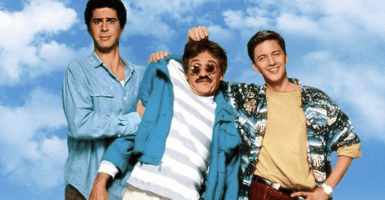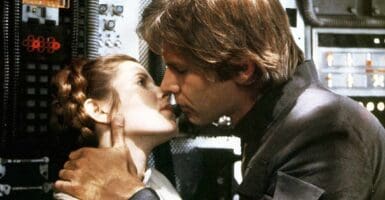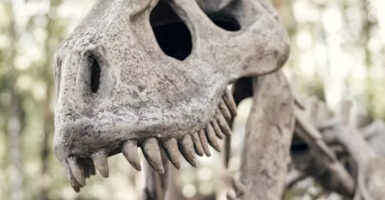Black Widow Attacked As A Sexist Stereotype, Scarlett Johansson Seems To Agree?
This article is more than 2 years old
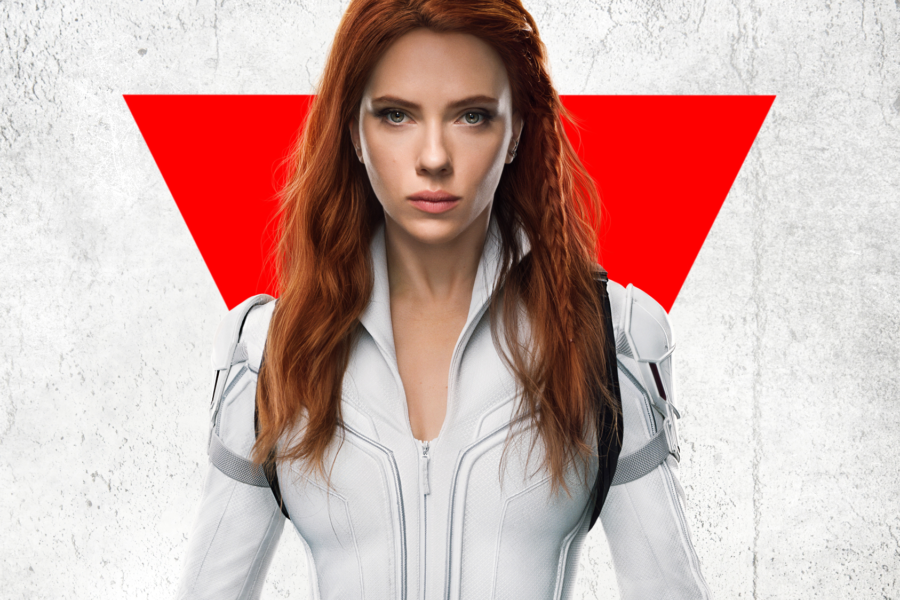
Eleven years after Scarlett Johansson debuted in the Marvel Cinematic Universe (MCU) as Black Widow a.k.a. Natasha Romanoff, she will be finally seen in her solo venture of the character on July 9. But even though Cate Shortland’s Black Widow is being lauded for reclaiming the character’s status as a badass superhero, it doesn’t change the fact that the majority of the past nine preceding films she appeared in seemed to focus more on establishing her as a sexist stereotype and someone to be blatantly objectified. And Scarlett Johansson, who has always accepted that her character was sexualized, also agrees that in the beginning, the Black Widow is more of a “chess piece” for the male superheroes in the films.
Fans have been demanding a solo film starring Black Widow for almost a decade while Marvel kept pumping out films lead by Captain America (Chris Evans), Iron Man (Robert Downey Jr.), and Thor (Chris Hemsworth). While characters like Bruce Banner (Mark Ruffalo), Hawkeye (Jeremy Runner), and others also flitted in and out of the films, it was how Scarlett Johansson was portrayed in the films, especially the initial features, that irked many.
In a recent chat with Time, Scarlett Johansson agreed that at least the first few MCU films she starred in used the character of Natasha Romanoff as “a kind of chess piece for her male counterparts.” It all started with the debut of her character in Iron Man 2, where after landing a kickass scene by defeating Happy Hogan, she is reduced to being the object of Tony Stark’s desire when he googles pictures of her in her underwear and demands that he “wants some” as if she is a thing to be possessed.
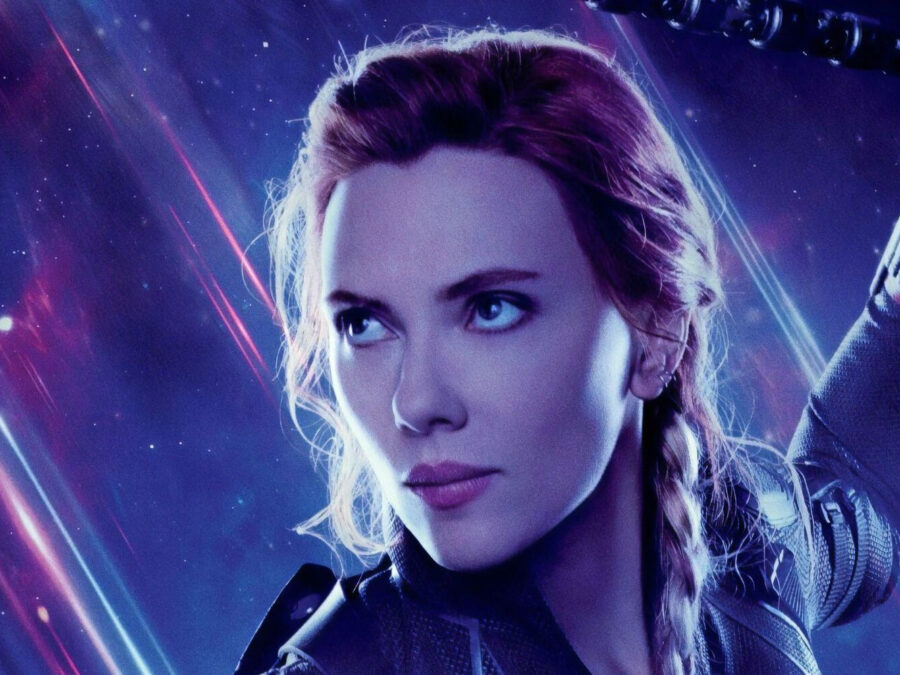
This is not the first time that Scarlett Johansson has openly accepted that Black Widow has been riddled with problematic sexist stereotypes. Back in 2019, in an interview with Collider, she had admitted that while Black Widow will be ditching the “hyper-sexualization” of her character, Iron Man 2 introduced a version that was unnecessarily sexualized.
“Really talked about like she’s a piece of something, like a possession or a thing or whatever — like a piece of ass, really. And Tony even refers to her as something like that at one point,” Scarlett Johansson had shared, adding that when she first made her debut as the Black Widow in the film, she was in her early twenties and saw the sexualization of her character as something akin to a compliment. But she understands better now and so do the young women of today that self-worth is not defined by such demeaning comments.
“It’s been incredible to be a part of that shift and be able to come out the other side and be a part of that old story, but also progress. Evolve. I think it’s pretty cool,” Scarlett Johansson had said.
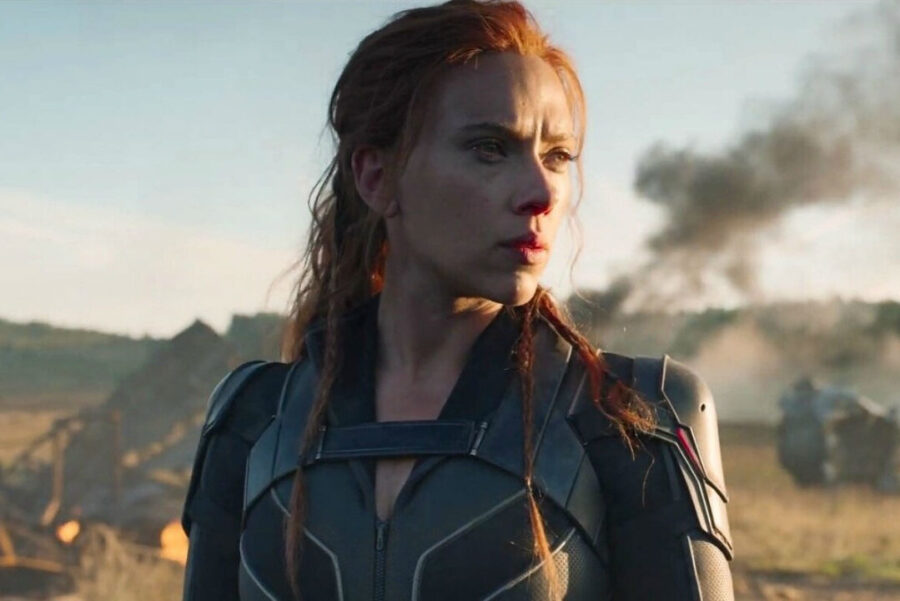
While the presentation of Black Widow moved away from being overly sexualized, she remained a “chess piece” in the story of her male co-stars. In 2015’s Avengers: Age of Ultron, Natasha experiences a flashback of sorts after being hoodwinked by Wanda and she witnessed the torture she was forced to suffer to become the Black Widow. The story could have made space for Natasha to explore her past, thus allowing fans a detailed peek into this particularly enigmatic Avenger.
No such thing happened and instead, Natasha was reduced to being a love interest of Bruce Banner and a self-proclaimed “monster” just because of her inability to bear children. Once again, as Scarlett Johansson said, the plotline was “dependent on another man’s desire” as the focus was what Banner decided, how he dealt with his insecurities, whether he accepted her or not, etc, etc.
But it was through Scarlett Johansson’s consistent efforts that Natasha Romanoff gradually evolved into a well-rounded character, shedding her character of its sexist stereotypes, and is now all set to kick some as in Black Widow.









